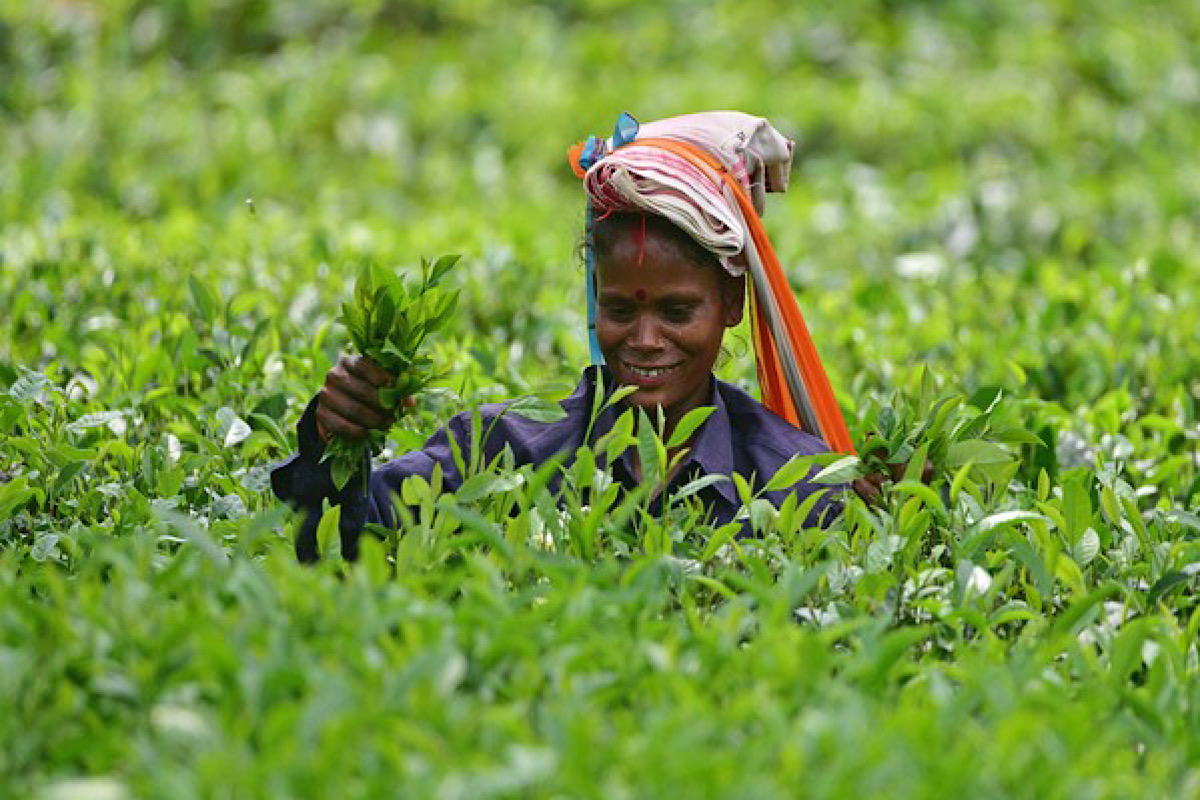In a recent high-level meeting held in Guwahati on 30 November, representatives of the Indian Tea Association (ITA) raised concerns over the ailing Darjeeling tea sector, urging the Union minister of commerce and industry and the chief minister of Assam for a comprehensive financial revival package. The proposal aligns with the recommendations of the 171st report of the Parliamentary Standing Committee.
The meeting, aimed at fostering dialogue between stakeholders and policymakers, saw participation from ITA representatives, including Vikash Kandoi, executive director of Jayshree Tea & Industries and ITA National Committee member; Arijit Raha, secretary general of ITA; and Abhijit Sharma, secretary of the Assam Branch of ITA.
Advertisement
Union minister of commerce and industry emphasised the importance of producing quality tea and adhering to strict compliance standards for maximum residue limits (MRLs). He directed the food safety and standards authority of India (FSSAI) and state governments to enforce stringent monitoring measures.
The minister also clarified that the deadline for halting tea manufacturing operations, set for 30 November, would not be extended. However, estates producing high-quality tea may seek exemptions as per the Tea Board’s guidelines. Stressing the need to address market oversupply, he underscored the importance of sustaining prices to ensure long-term viability for the sector.
On the routing of 100 per cent dust-grade tea through auctions, the minister noted that the mechanism has significantly improved price realisation and traceability.
The ITA highlighted several critical challenges: Escalating shipment expenses from ICD Amingaon have led to a sharp decline in export volumes. The current tea board incentive of Rs 2 per kg is deemed insufficient, with ITA advocating for an increase to Rs 4.50 per kg.
Long-delayed tea board subsidies from previous plan periods have caused liquidity crunches in tea estates. ITA called for expedited inspections and disbursement processes to alleviate financial stress.
With tea manufacturing halted from 1 December, as per tea board directives, India’s production is expected to drop below last year’s levels. Crop yields have already suffered due to adverse weather across Assam and West Bengal, further compounding the challenges faced by the sector.
While domestic tea prices have shown an upward trend recently, the sharp decline in production has neutralised the gains, adversely impacting earnings. The minister acknowledged these concerns, urging measures to ensure the sector remains resilient despite mounting challenges, ITA officials said.











